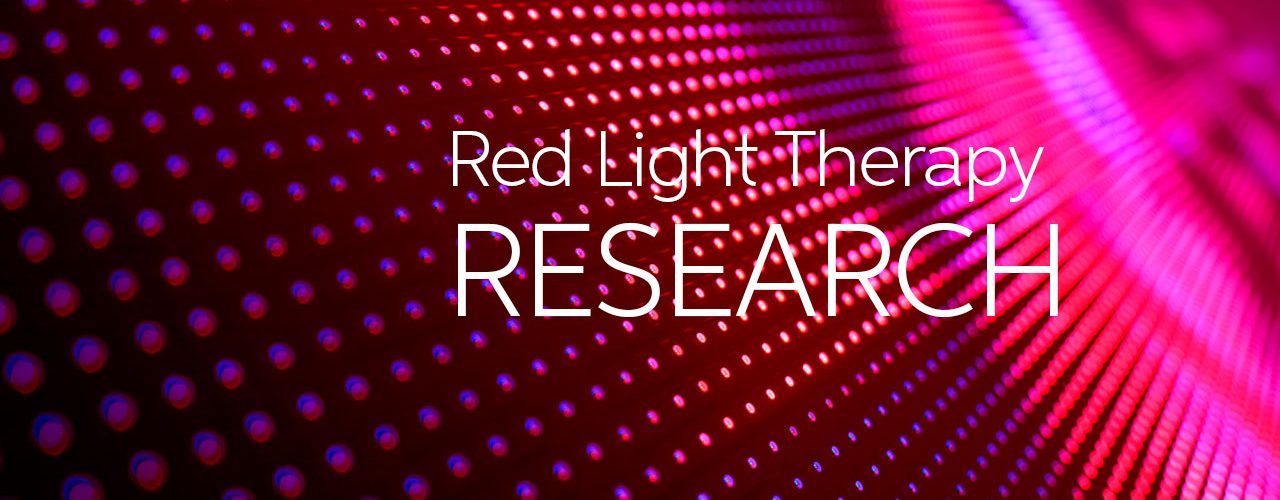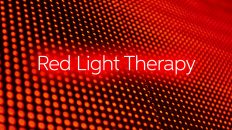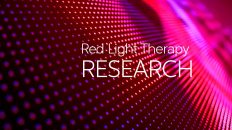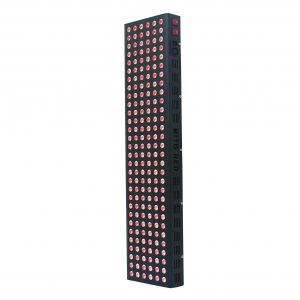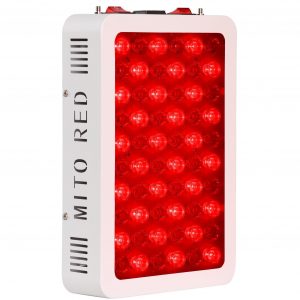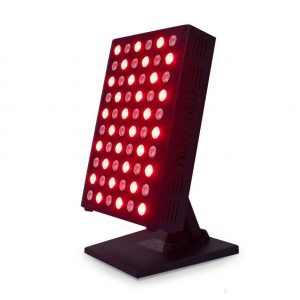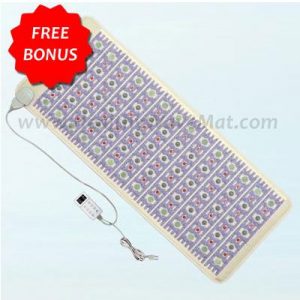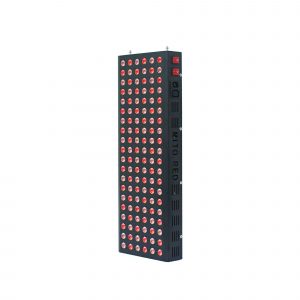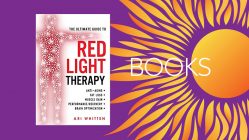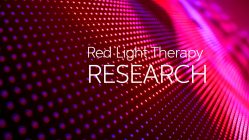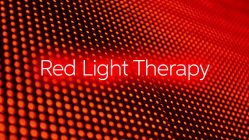Michigan State University research says light therapy may improve sleep quality for cancer survivors.
College of Nursing Associate Professor Horng-Shiuann Wu noticed that her breast cancer patients were fatigued during the day, but still had trouble sleeping at night. . . .
It is hypothesized that these sleep problems could be related to cancer’s effects on the body’s circadian rhythm, the cycle that tells the body when to go to sleep and when to wake up, as cancer is known to disrupt circadian rhythm and over time, this disruption could cause a cumulative effect. . . .
Inspired by her colleague who was using light therapy to help Alzheimer’s patients in nursing homes reset their circadian rhythm, Wu wondered if the same treatment could help her patients not only with sleep issues but also with other residual cancer symptoms, specifically depression and cognitive dysfunction.
She created a study that would monitor the effects of a chronotypically tailored light therapy on fatigue and sleep disruption in female stage I to III breast cancer survivors 1-3 years post completion of chemotherapy or radiation.
For the study, each patient was given a light therapy visor to wear for 30 minutes a day for two weeks. The visor used the highest intensity light within the blue-green spectrum, as blue-green light has proven effective in resetting circadian rhythms.
Additionally, since the timing of light therapy has shown to significantly influence the effects of light therapy, patients who needed to fall asleep earlier in the day were prescribed light therapy within 30 minutes of waking up, whereas patients who needed to fall asleep later were prescribed light therapy in the early evening.
The study is still ongoing, but preliminary analysis and Wu’s previous studies have found that light therapy light likely improved sleep quality and depression symptoms in patients. (read more)
SOURCE: The State News

